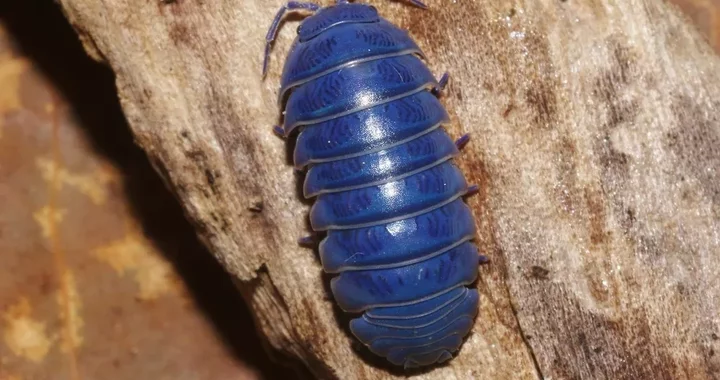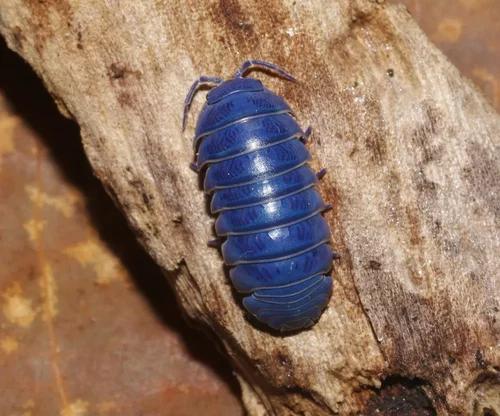Subfamily
Betairidovirinae (Invertebrate iridoviruses)
Invertebrate iridescent virus 31. Photo: (c) James Bailey, some rights reserved (CC BY-NC)
Iridoviridae is a family of viruses with double-stranded DNA genomes. Amphibia, fish, invertebrates, lepidoptera, and orthoptera insects serve as natural hosts. There are currently 12 species in this family, divided among two subfamilies and 5 genera. The name is derived from Iris the Greek goddess of the rainbow. This name was chosen because of the “rainbow-like” iridescence observed in heavily infected insects and pelleted samples of invertebrate iridoviruses.
-
Humboldt Life
-
Kingdom: Viruses (Viruses)
-
Phylum: Nucleocytoviricota
-
Class: Megaviricetes
-
Order: Pimascovirales
-
Family: Iridoviridae (Iridoviruses)
- Subfamily: Betairidovirinae (Invertebrate iridoviruses)
-
Family: Iridoviridae (Iridoviruses)
-
Order: Pimascovirales
-
Class: Megaviricetes
-
Phylum: Nucleocytoviricota
-
Kingdom: Viruses (Viruses)



CLICK TO MANAGE